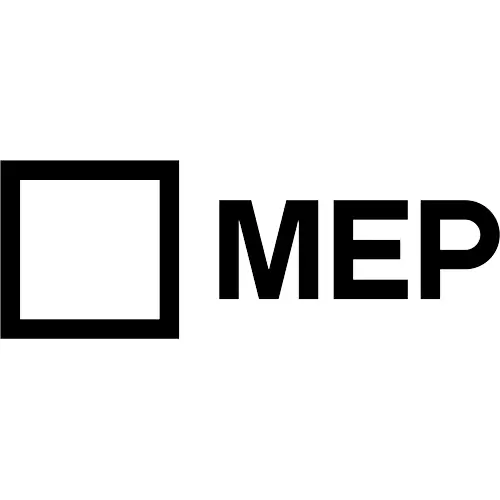This autumn, the
Maison Européenne de la Photographie (MEP) in Paris presents an ambitious
trio of exhibitions that bring together three photographers whose distinct approaches redefine the
language of the image. From October 15, 2025, to January 25, 2026, visitors are invited to
experience a multi-layered journey through the history and future of photography, spread across
the institution’s three floors.
On the first floor,
Felipe Romero Beltrán explores the complexities of migration, youth, and
identity through a deeply human and socially engaged lens. His exhibition, continuing until July
12, 2026, offers a compelling look at contemporary documentary practice.
Felipe Romero Beltrán presents a striking reflection on representation and visibility. His
photographic series transforms the gallery space into a living narrative, where documentary
precision meets poetic observation. Through intimate portraits and quiet moments of tension,
Beltrán gives voice to those often unseen in dominant visual culture—migrants, youth in
transition, communities navigating belonging. The installation uses the architecture of the MEP
itself as part of the storytelling: open corridors, projected images, and layered soundscapes guide
visitors through an environment that blurs the boundary between observer and subject. Here,
representation is not static—it breathes, confronts, and invites empathy, reminding viewers that
photography remains one of the most powerful ways to see and be seen.
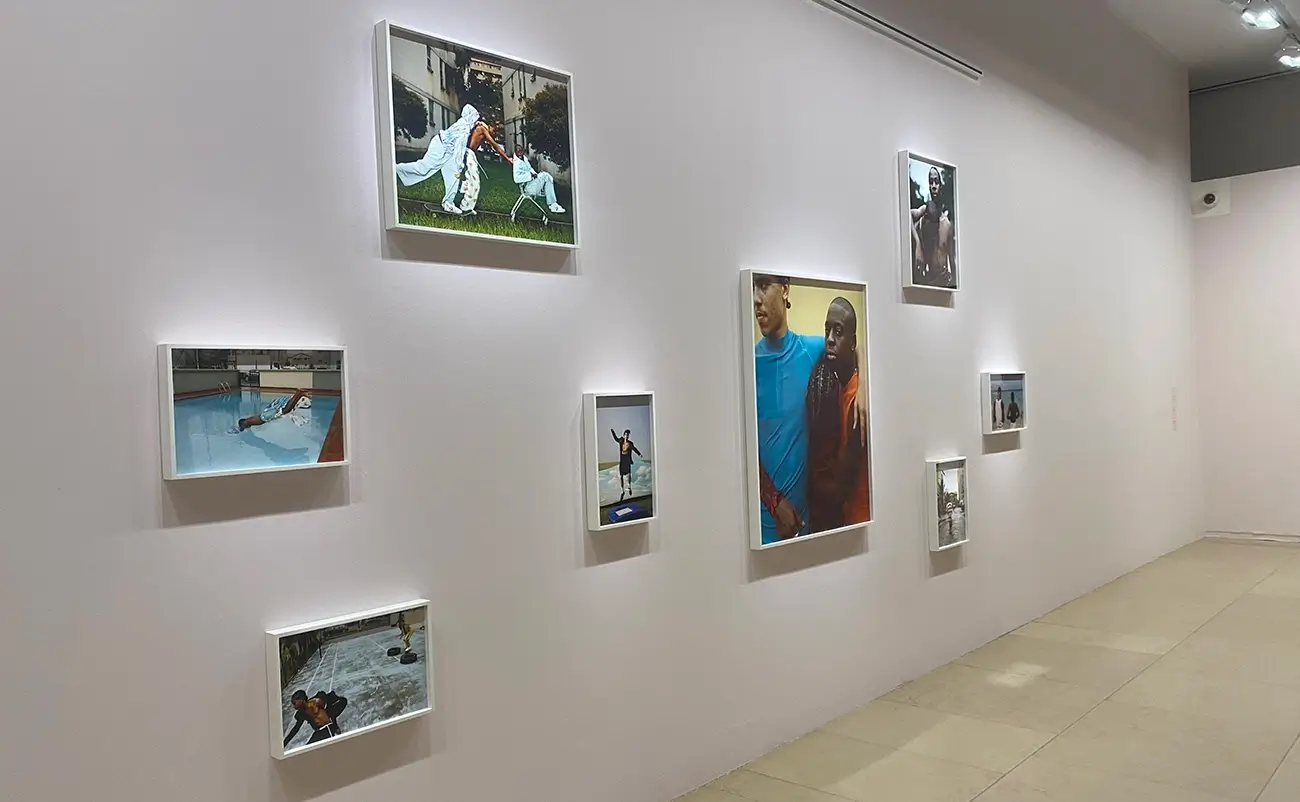
© Felipe Romero Beltrán, Courtesy MEP
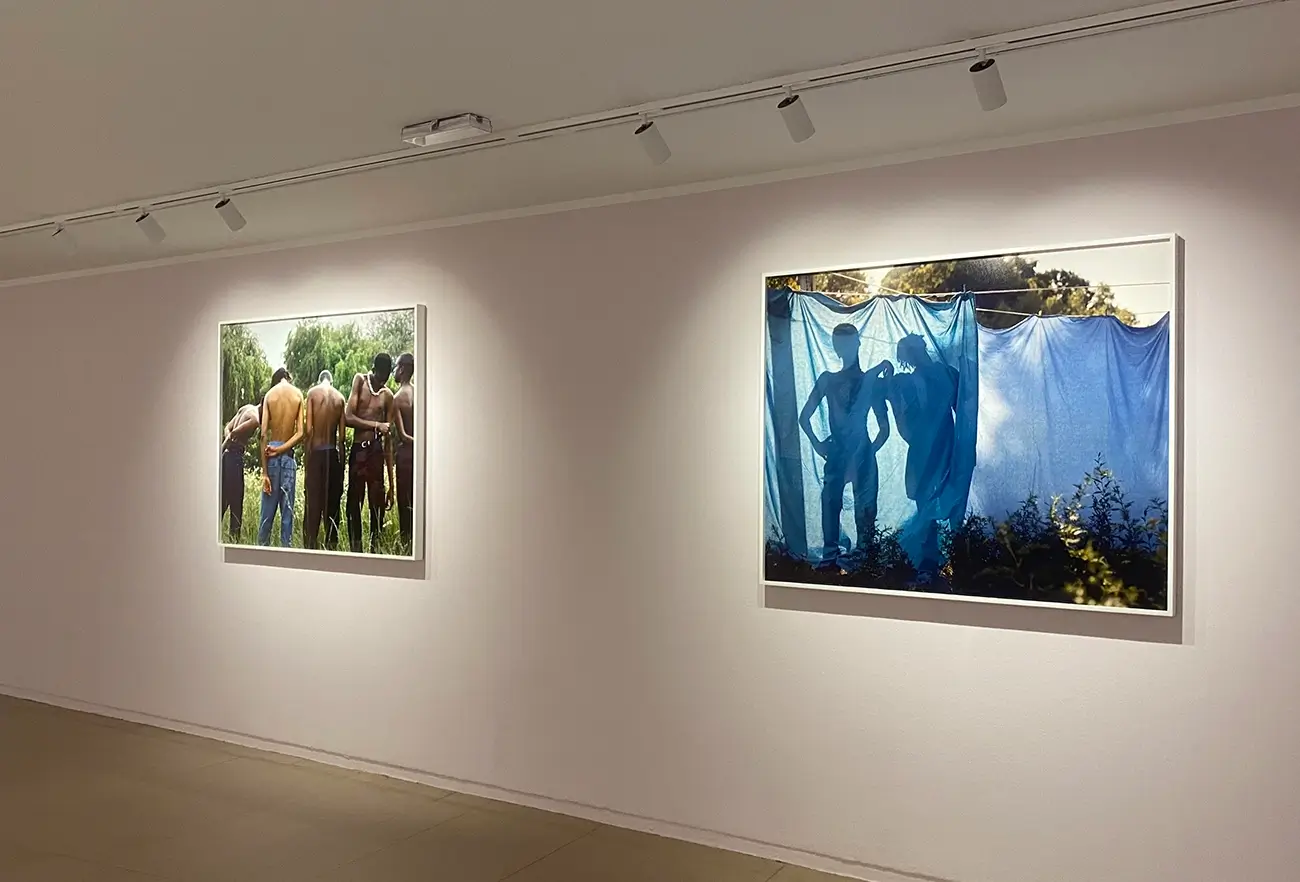
© Felipe Romero Beltrán, Courtesy MEP
Ascending to the second floor, the MEP celebrates the timeless mastery of
Edward Weston,
whose modernist exploration of form, texture, and light helped define photography as fine art.
This presentation revisits Weston’s iconic works while situating them in dialogue with today’s
visual culture. Edward Weston’s exhibition celebrates the enduring power of form and light in
shaping photographic vision. The space is curated to echo the purity and precision of Weston’s
modernist eye: clean lines, measured lighting, and a contemplative rhythm that invites slow
looking. From his sensuous studies of natural forms to his iconic nudes and landscapes, Weston’s
work transforms the ordinary into the elemental. Within this environment, each photograph
becomes both object and idea—an exploration of how structure, shadow, and texture can express
the essence of a subject without words. The spatial design reinforces Weston’s philosophy of
photography as a disciplined art, inviting viewers to rediscover the stillness and intensity that
define his legacy.
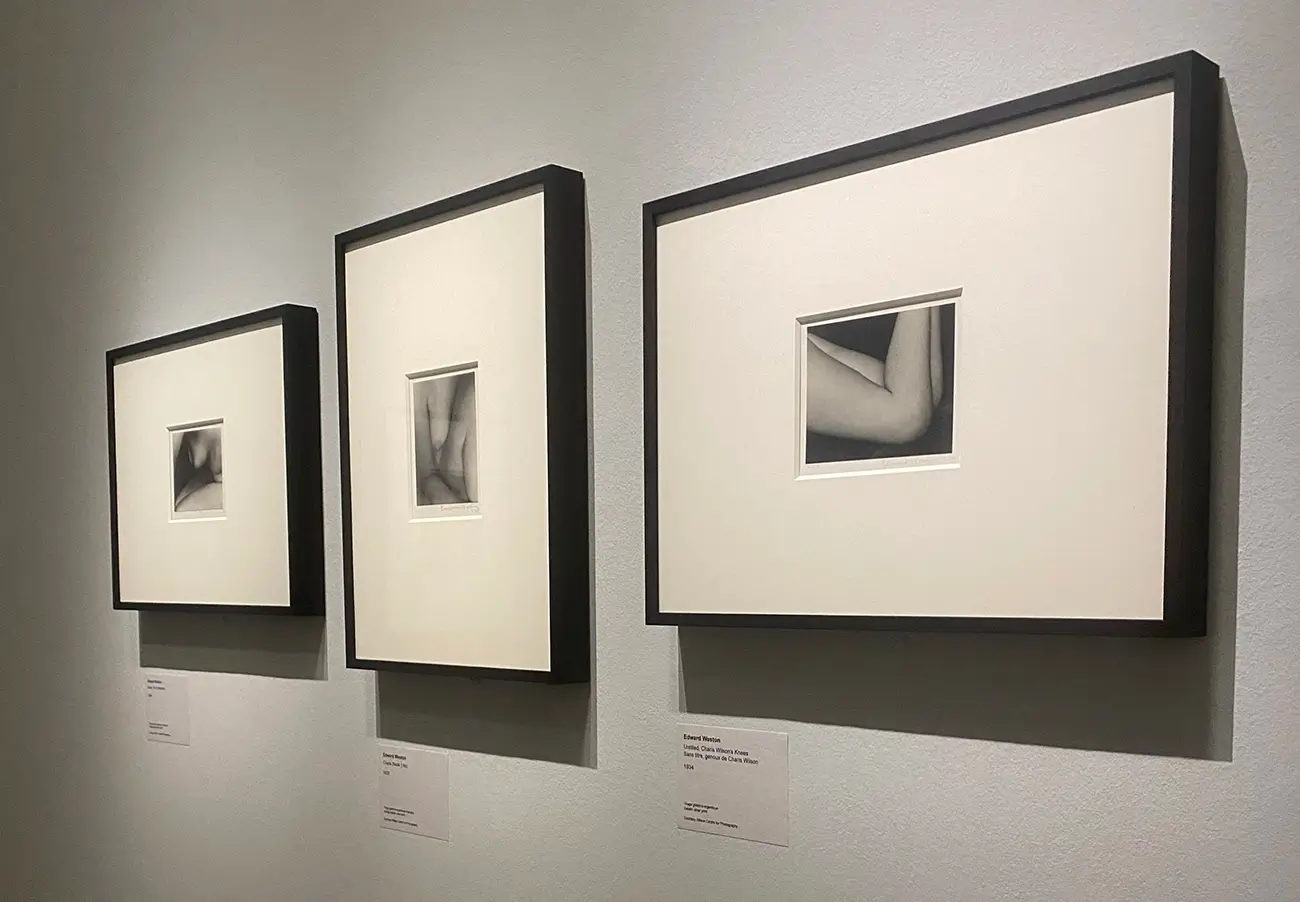
© Edward Weston, Courtesy MEP
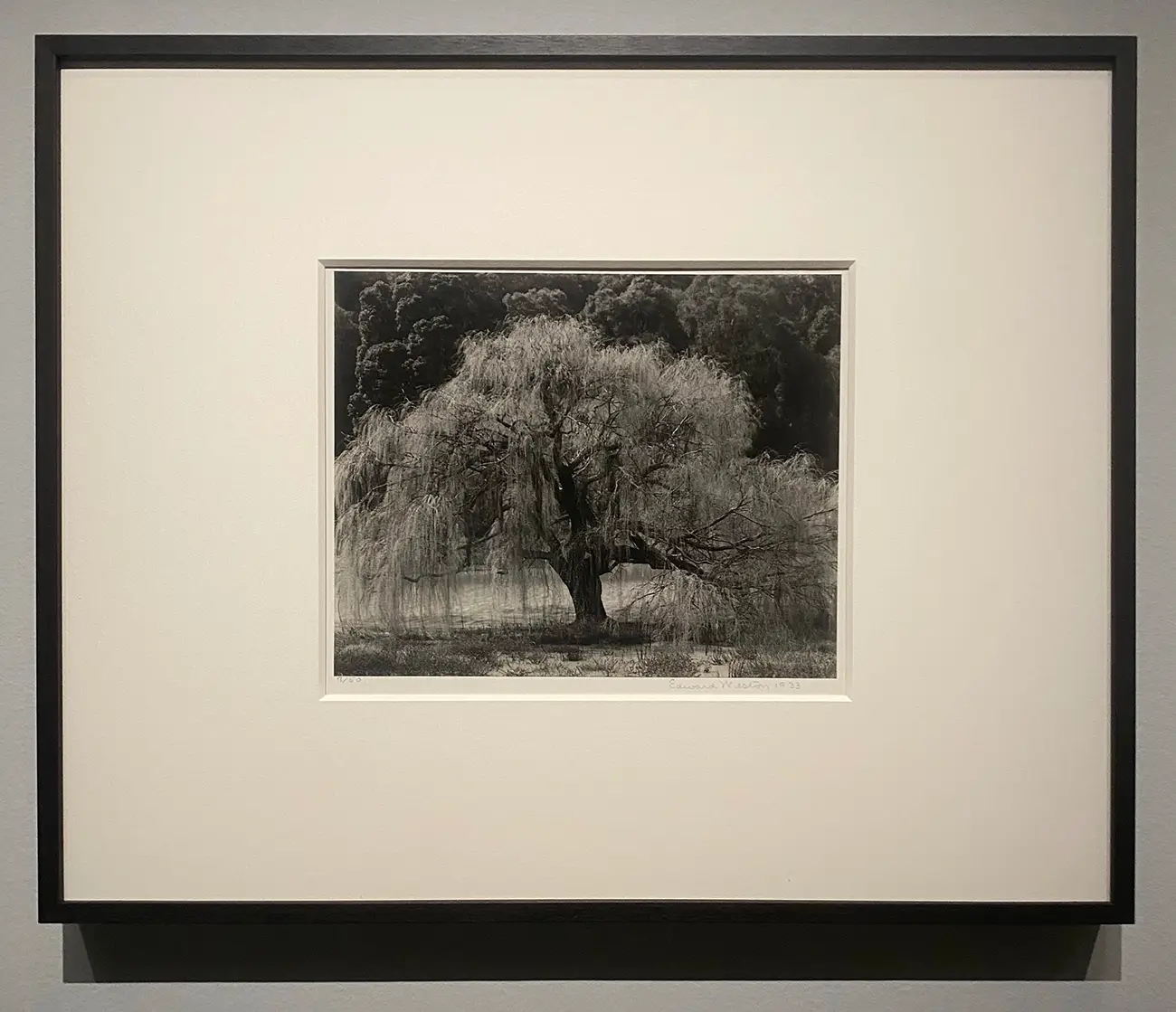
Willow, Santa Cruz 1933 © Edward Weston, Courtesy MEP
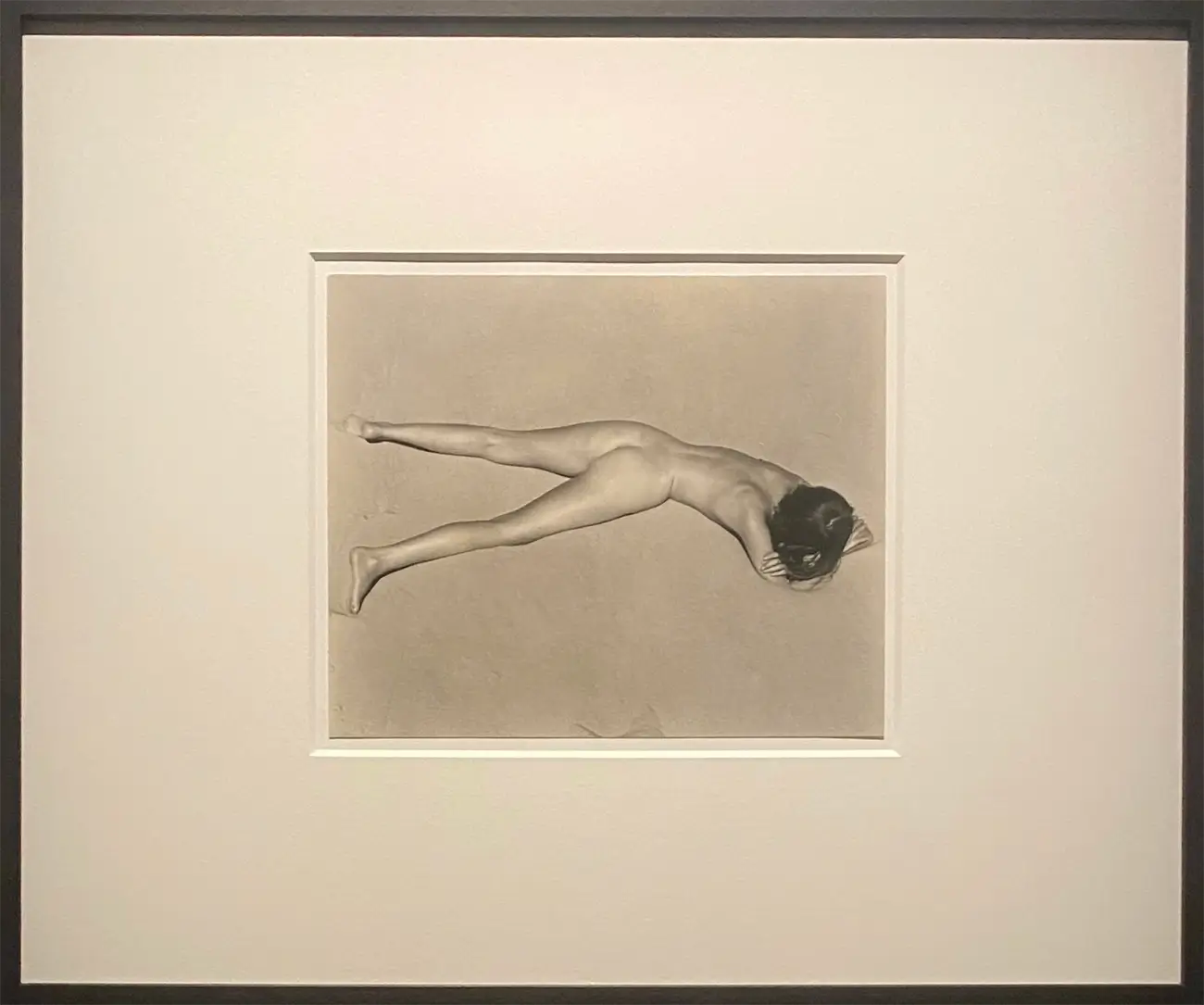
Nude on Sand, Oceano 1936 © Edward Weston, Courtesy MEP
Finally, the top floor is devoted to
Tyler Mitchell, whose vibrant, dreamlike portraits challenge
conventions of representation and reimagine notions of beauty, joy, and belonging. Mitchell’s
work marks a new generation’s voice—intimate, cinematic, and unapologetically contemporary.
This photographer brings a radiant, contemporary energy to the Maison Européenne de la
Photographie. His installation celebrates color, intimacy, and possibility—reclaiming visual
space for narratives of Black joy, youth, and self-determination. The gallery unfolds like a
dreamscape, where light and movement dissolve traditional hierarchies of representation.
Large-scale prints, suspended projections, and immersive environments encourage visitors to
inhabit Mitchell’s vision rather than merely view it. By transforming fashion, portraiture, and
everyday life into spaces of empowerment, Mitchell redefines what it means to be seen—and to
see—in the twenty-first century.
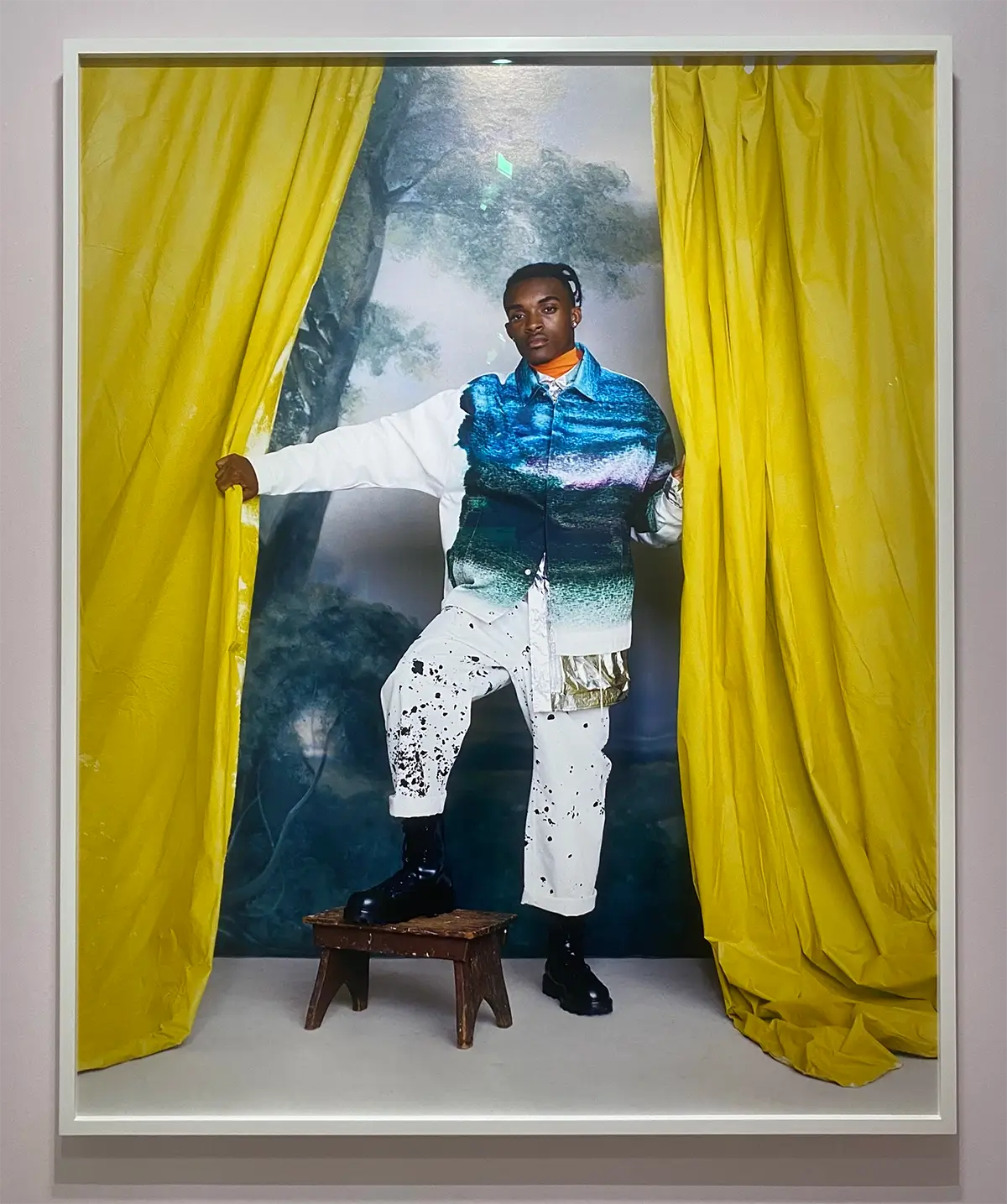
Wish This Was Real © Tyler Mitchell, Courtesy MEP
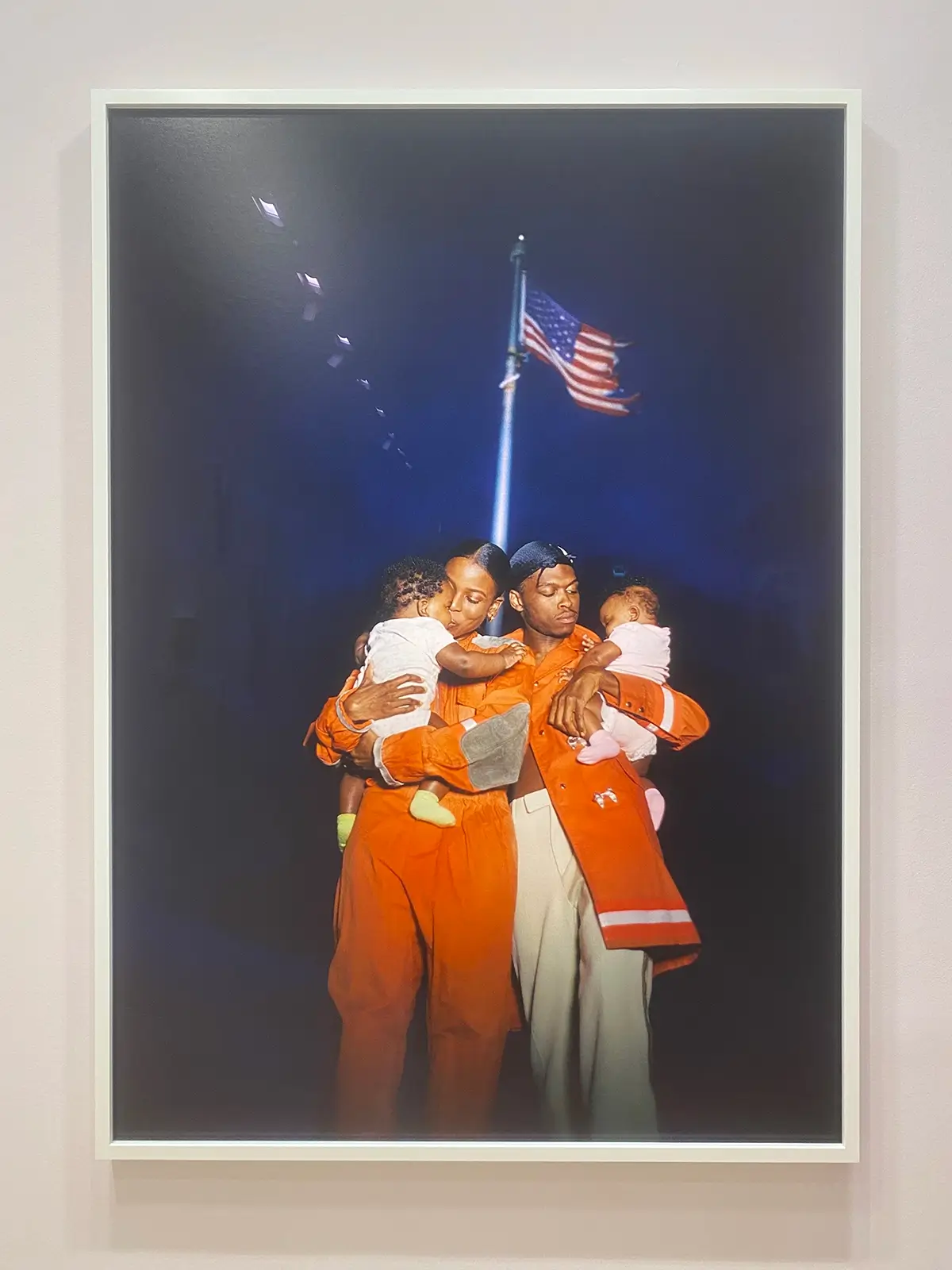
Wish This Was Real © Tyler Mitchell, Courtesy MEP
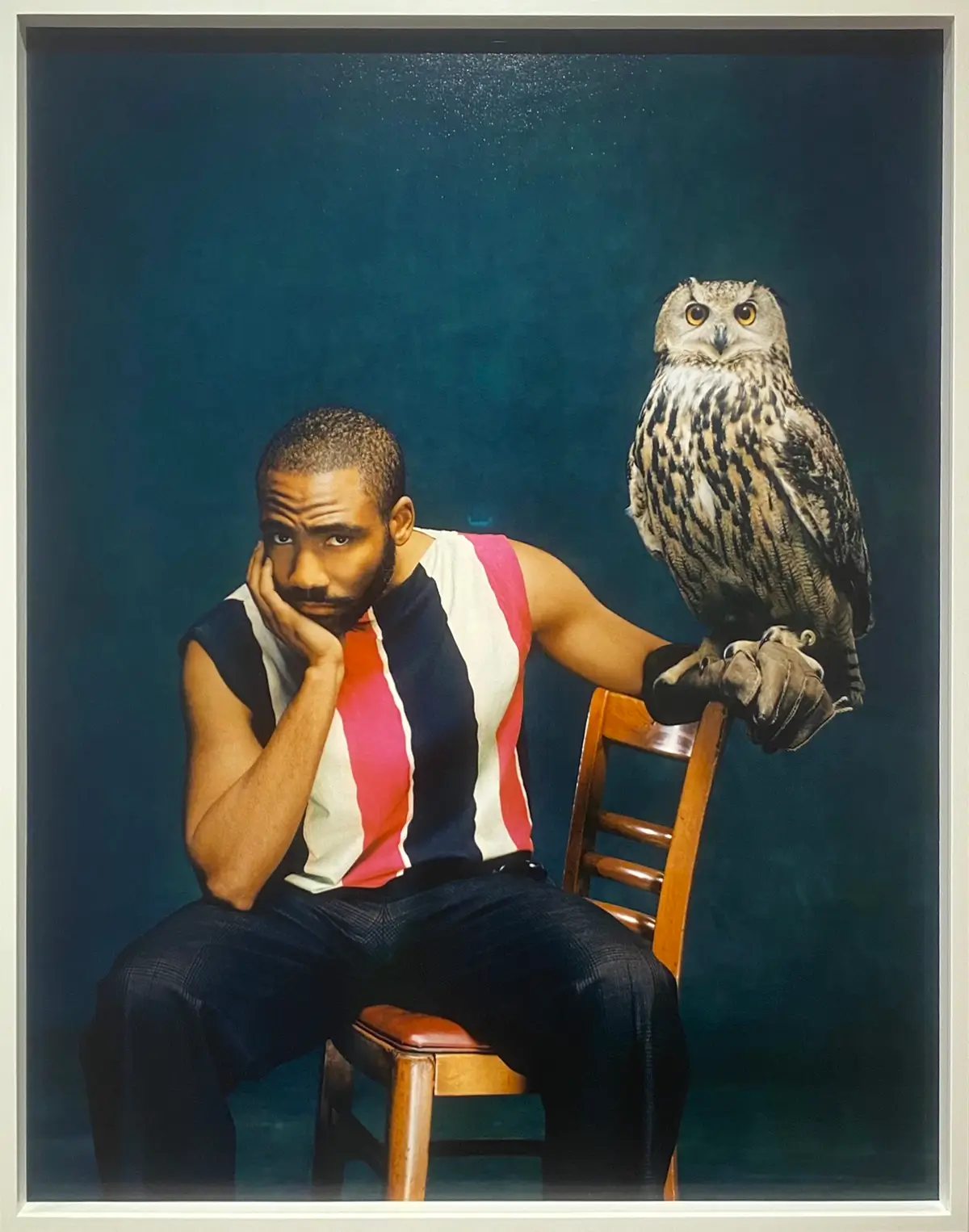
Wish This Was Real © Tyler Mitchell, Courtesy MEP
Throughout the exhibition,
Tyler Michell and
Felipe Romero Beltrán engaged directly with
visitors through recorded and in-person reflections, sharing the inspirations behind their work
and the curatorial decisions shaping their placement within the MEP’s architectural space.
Together, these three exhibitions form a dialogue between generations, aesthetics, and social
realities—an exploration of how photography continues to shape the way we perceive ourselves
and others. From the precision of Weston’s modernism to Mitchell’s vibrant reimagining of
identity and Beltrán’s deeply human narratives, the Maison Européenne de la Photographie offers
visitors a rare opportunity to experience the full spectrum of photographic expression. Whether
drawn by history, emotion, or innovation, audiences are invited to witness these visions
firsthand—to move through the spaces, engage with the voices behind the images, and
rediscover the power of photography to reveal, connect, and transform.
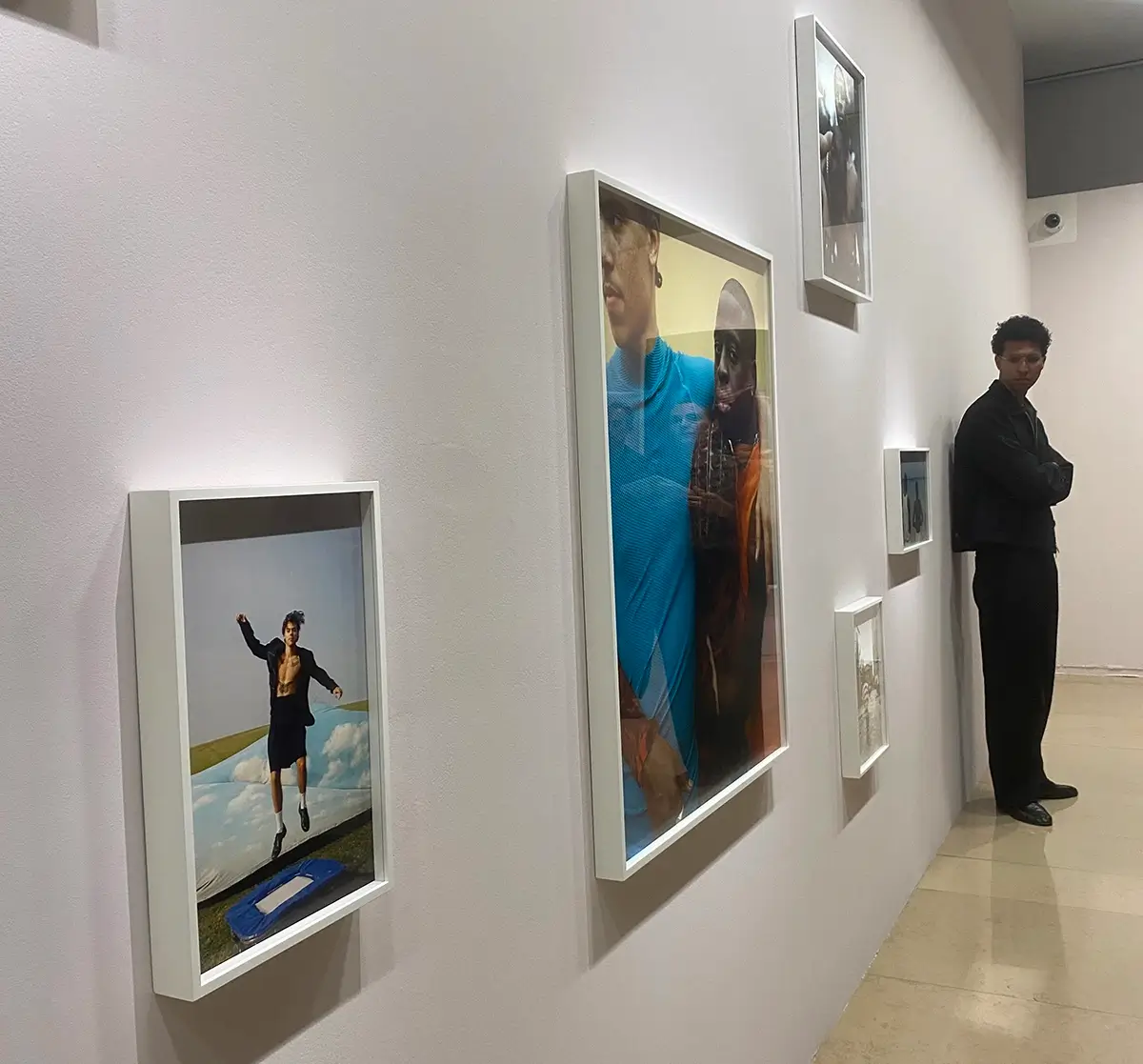
© Felipe Romero Beltrán, Courtesy MEP
